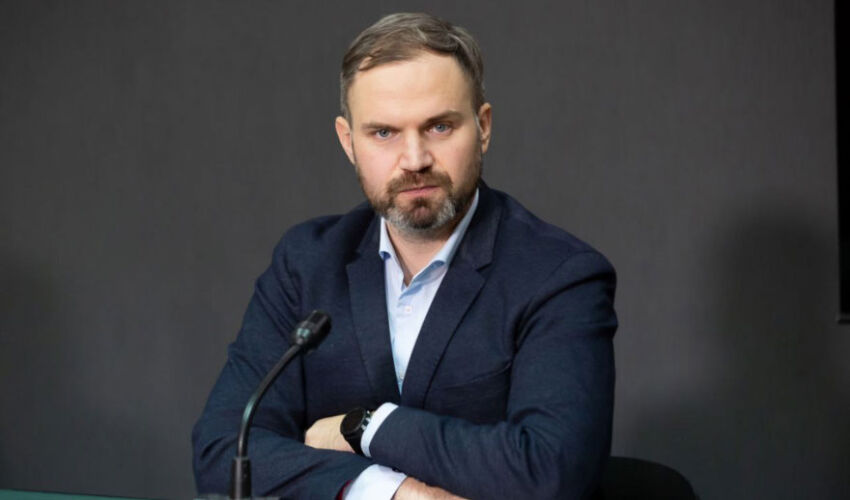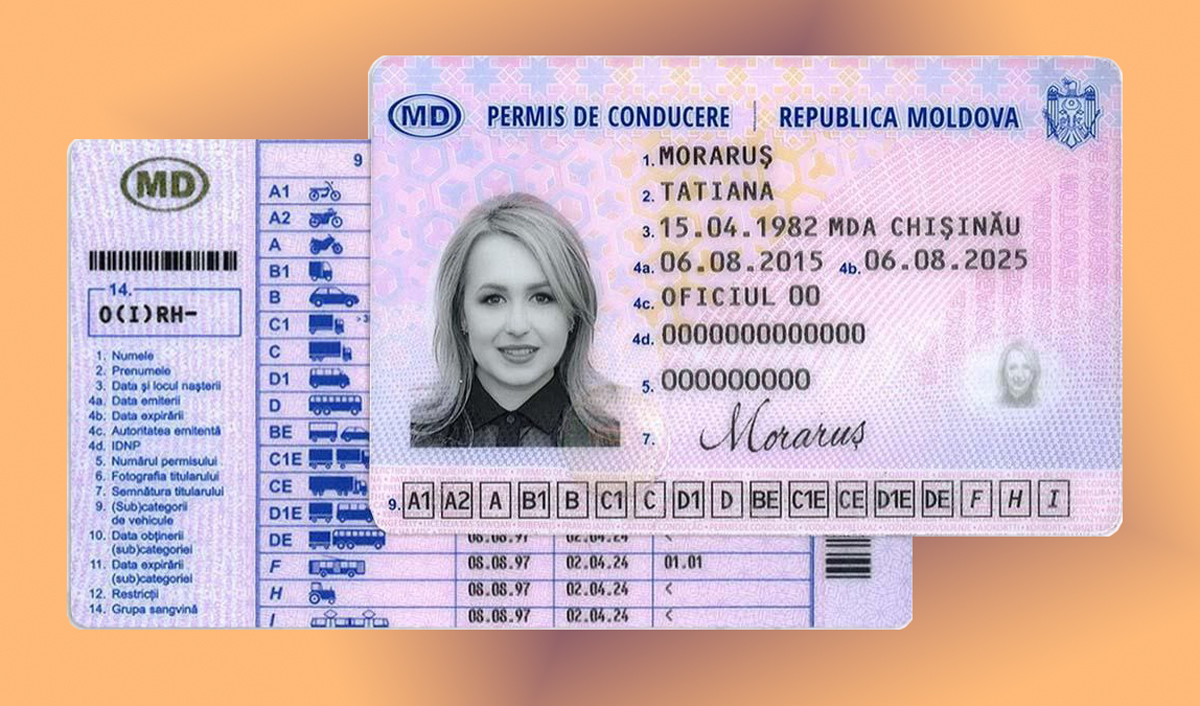
Vadim Vieru
Our first expert – Vadim Vieru, PromoLex lawyer
LP: – What is wrong with the amendments to the Law on Amnesty? And why did these negative consequences manifest themselves only after the beginning of their application?
– The problem lies in vague or too broad wording of the amendments themselves, as well as in insufficiently detailed elaboration of the procedure of their application. When a law or amendments are ambiguous, there is a risk that the mechanism for selecting those eligible for amnesty will malfunction. As a result, dangerous criminals are released early.
Why did the negative consequences manifest themselves only after the fact? At the stage of development and adoption of draft laws, the risks are not always sufficiently analyzed and the practical aspects of its application in specific situations are not fully taken into account. In addition, public outcry usually occurs after the first real cases of early release of persons considered socially dangerous. That is why loopholes in legal regulation are noticeable precisely when the law begins to work in practice.
LP: – Is there any logic in the fact that only the head of the parliamentary commission Olesia Stamata and the head of the National Penitentiary Agency Anatol Falka were held responsible for these blunders?
– Shifting the responsibility to only two specific officials may have both professional and political motives. After all, formally, the head of the parliamentary commission on profile is often perceived as the main “author” or “curator” of the amendments, since it is the profile commission that prepares and coordinates the text of the draft law. And the head of the National Penitentiary Agency is responsible for the direct implementation and control over the application of the law in penitentiary institutions.
However, given that the draft law goes through several stages (drafting, examination, adoption in parliament and signing), and that the process involves legal advisors, specialized ministries and parliamentary structures, it is unlikely that only two people can bear full responsibility.
LP: – At what stage, in your opinion, was it possible and necessary to put a stop to “loopholes” in this Law?
– First, at the stage of preparation and examination of the draft law (when lawyers and specialized agencies check the text for contradictions and “loopholes”).
Secondly, at the stage of parliamentary hearings, when deputies, including members of the specialized commission, could make adjustments and clarifications.
And finally, at the implementation stage (when methodological guidelines and the procedure for applying the amendments are being developed), in order to prescribe specific selection criteria and prevent the release of persons with a high probability of recidivism.
LP: – In your opinion, is there a political subtext in what is happening around the amnesty law?
– Yes, the question of possible political overtones is always relevant in situations when amnesty or commutation of sentences for persons convicted of serious crimes is discussed. Such steps are often criticized in public perception (especially if people are released whose stay at liberty is perceived as a threat to society), and political opponents can use this criticism against the initiators of the law. It is not surprising, therefore, that the situation is portrayed as “excessive softness” of some politicians or as “omission” of specific officials.
At the same time, it is regrettable that in the public space there is a search for “the guilty” and not only an analysis of systemic causes.
LP: – Why do we need an amnesty law at all? Is it a requirement of the ECHR?
– I should note that in the context of human rights and the state’s obligations to the European Court of Human Rights (ECHR), amnesty is not a requirement of the ECHR. The Court in its decisions (e.g., Vinter and Kafkaris) emphasizes only the need for an effective mechanism of parole for those sentenced to life imprisonment, and not the obligation to issue an amnesty law.
Nevertheless, any early release procedure (whether parole or amnesty) requires a balanced approach: protecting the interests of victims, assessing the risk of recidivism and respecting principles of fairness.
That is why both the political context and the issue of finding “responsible” persons may be formed around these amendments. However, it is more important to improve legal regulation and the mechanism of application of such measures than to deal exclusively with the “personalization” of guilt.













